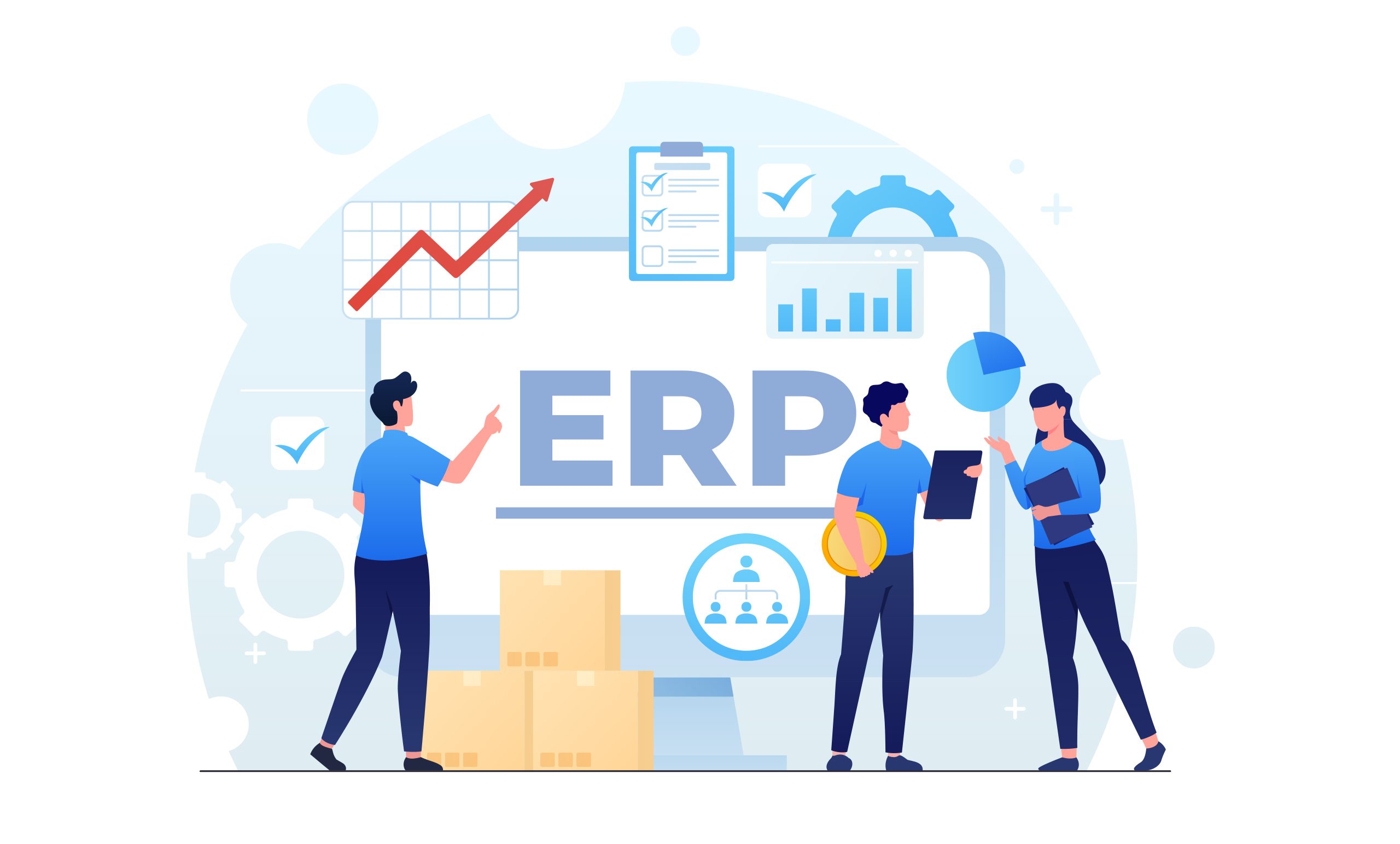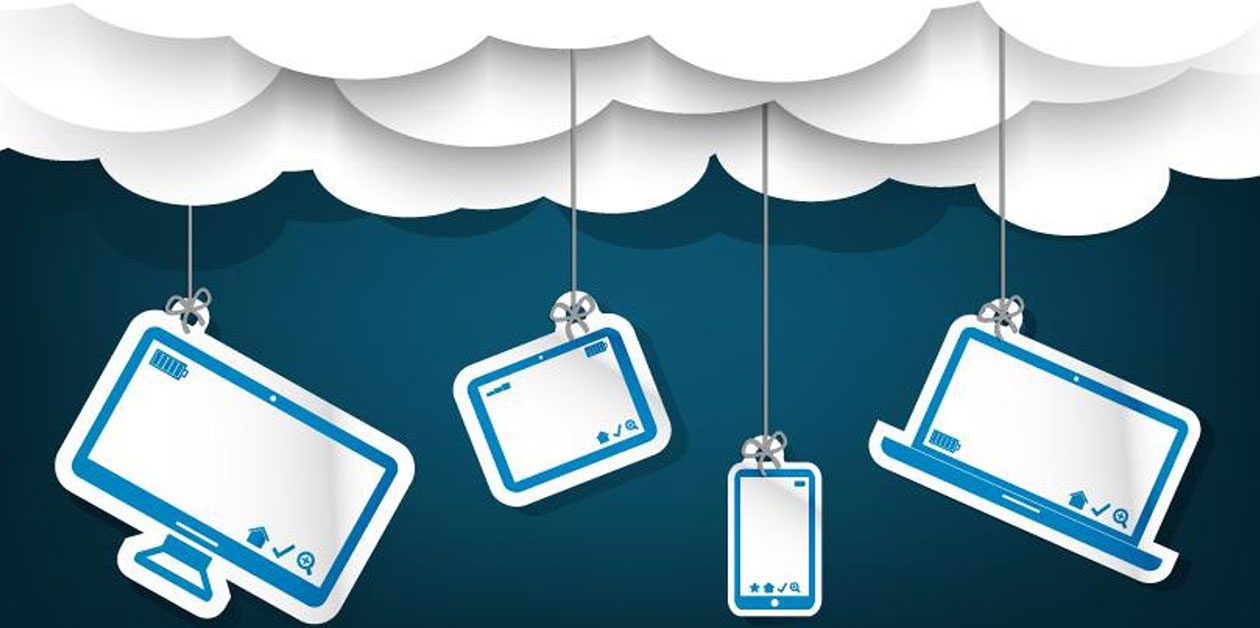Share
Read also

Mobility
How is EM shaping the way SMBs operate?

Trends & Views
Digital Transformation & AI: How prepared is your business?

Business Software
AI and ERP: the wave that is coming

Trends & Views
Digital transformation trends for 2025
One thing that multiple lockdowns have highlighted in a working environment dominated by remote working is that ERP systems have been and will continue to be an important part of business reality in the post-pandemic era.
Most of us may be tired of the pandemic situation and want to put it behind us for good, but the truth is that the “new normal” is here and has made its mark. In recent years, businesses have been forced to adapt to different scenarios, but one thing that became apparent is that ERP systems proved to be essential not only throughout the turmoil, but also in the post-Covid business reality.
Collaboration, efficiency and organizational tools are no longer simply desirable in a healthy business environment, but essential elements for any modern business. The adoption of digital tools and cloud ERP helps to avoid disruption and offers the required efficiency, even in the case of remote work.
According to a recent survey, 53% of IT managers consider investing in an ERP system as their number 1 priority for this year. They also argue that another important project is the investment in Business Intelligence and Analytics. Having a solution tailored to their needs, where features are combined and integrated with the ERP system, is extremely important in order for the company to have access to quality data that serves its reporting and performance objectives.
The future of businesses seeking to evolve lies in flexible, real-time reporting through ERP, plus informed decisions based on data gathered from Business Intelligence tools.
The importance of the cloud
Some time ago, analysts were talking about the future of the cloud. Now, however, it is not something that is imminent but something that is already here, in the present. Businesses that have decided or will decide to replace their on-premise systems with cloud ERP will achieve better results, even in any future difficulties that will threaten their business processes with disruption.
What the lockdowns have ultimately taught us is how important a cloud ERP solution is in terms of managing remote workers and the way they have worked and continue to work in a special teleworking regime that will likely continue to some extent into the future.
Businesses that are not yet in the cloud should do so immediately in order to meet the competition of the post-pandemic era.






